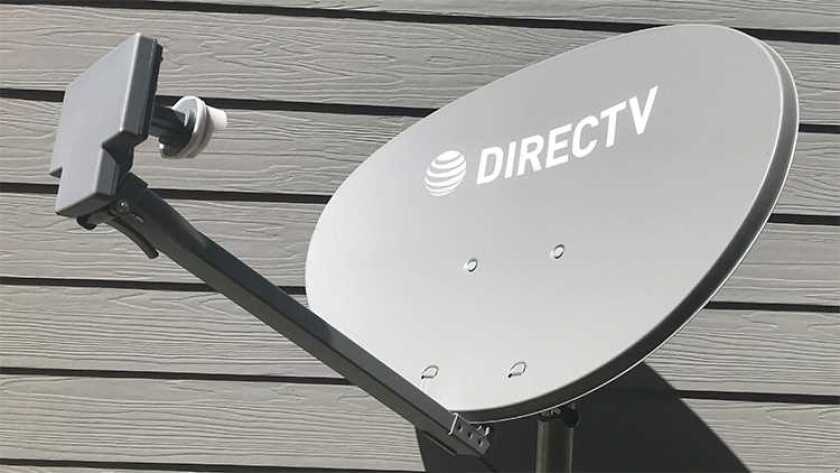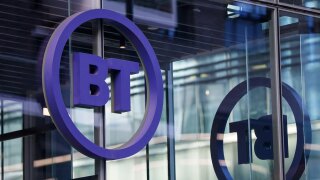AT&T contributed its US video business unit to the new entity in exchange for preferred units and a 70% interest in the common units of the new DirecTV.
Making a relatively small dent in its corporate debt, the telco received $7.1 billion in cash and transferred approximately $195 million of video business debt. However, AT&T paid $49 billion for just the DirecTV satellite business, back in 2015.
It was reported in December of last year that AT&T had received bids for more than US$15 billion for the business.
On closing, TPG confirmed it had contributed approximately $1.8 billion in cash in exchange for preferred units and a 30% interest in common units of the new company.
In its Q2 2021 financial results, AT&T said it plans to reach a net debt-to-adjusted EBITDA of below 2.5x by year-end 2023.
As of Q2-end, this year, DirecTV had approximately 15.4 million premium video subscribers.
Not included in this transaction are WarnerMedia’s HBO Max streaming platform and regional sports networks, both of which are part of the pending WarnerMedia-Discovery transaction; AT&T’s Sky Mexico investment; U-verse network assets; and Vrio, AT&T’s Latin American video operations, which are being sold to Grupo Werthein, as confirmed last month and in line with CEO John Stankey's comments in March.
DirecTV will continue to offer HBO Max to subscribers along with any bundled wireless or broadband services and associated customer discounts.
In line with AT&T's plans, Bill Morrow will oversee the day-to-day operations of the new DirecTV company and sit on the board. He will be joined by new voting board members: Steve McGaw and Thaddeus Arroyo, appointed by AT&T; and David Trujillo and John Flynn, appointed by TPG.
As Capacity reported in when the deal was announced, changing audience habits were behind the decision to sell. AT&T noted that customers are streaming video rather than subscribing to satellite or fibre-delivered TV packages. DirecTV and U-verse lost three million customers between them in the year to February.





